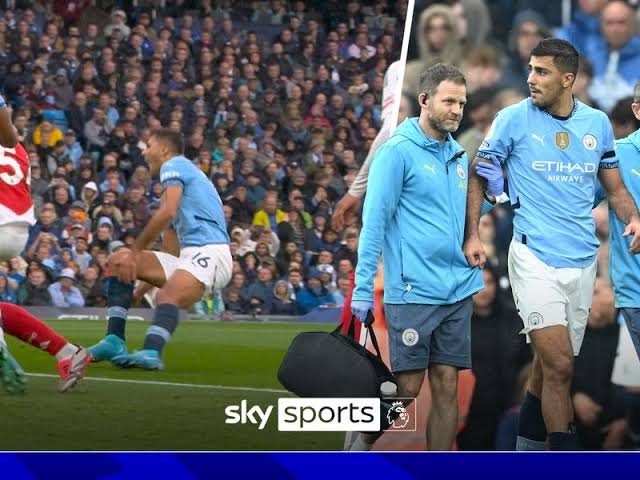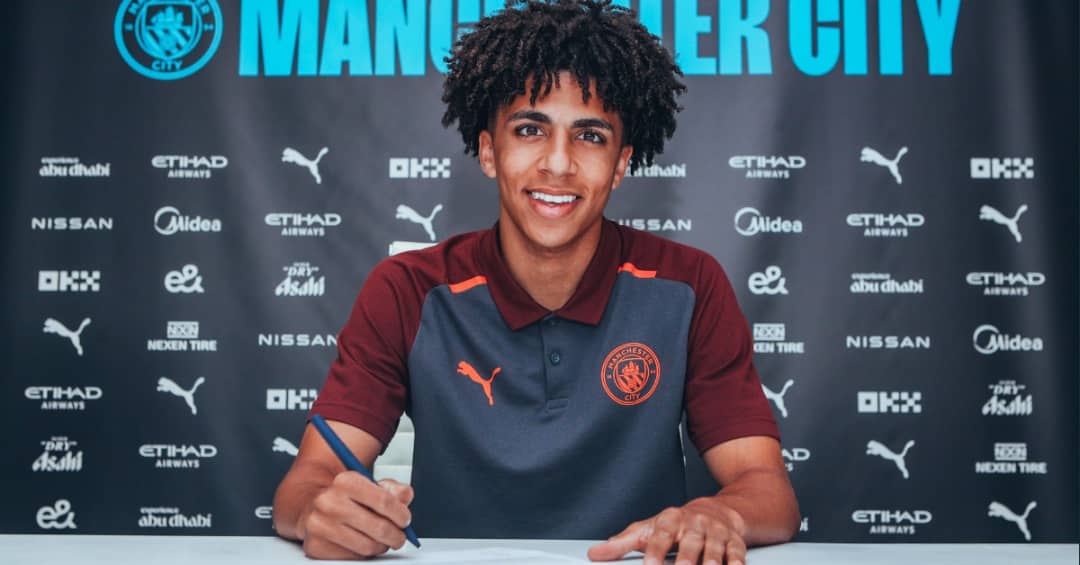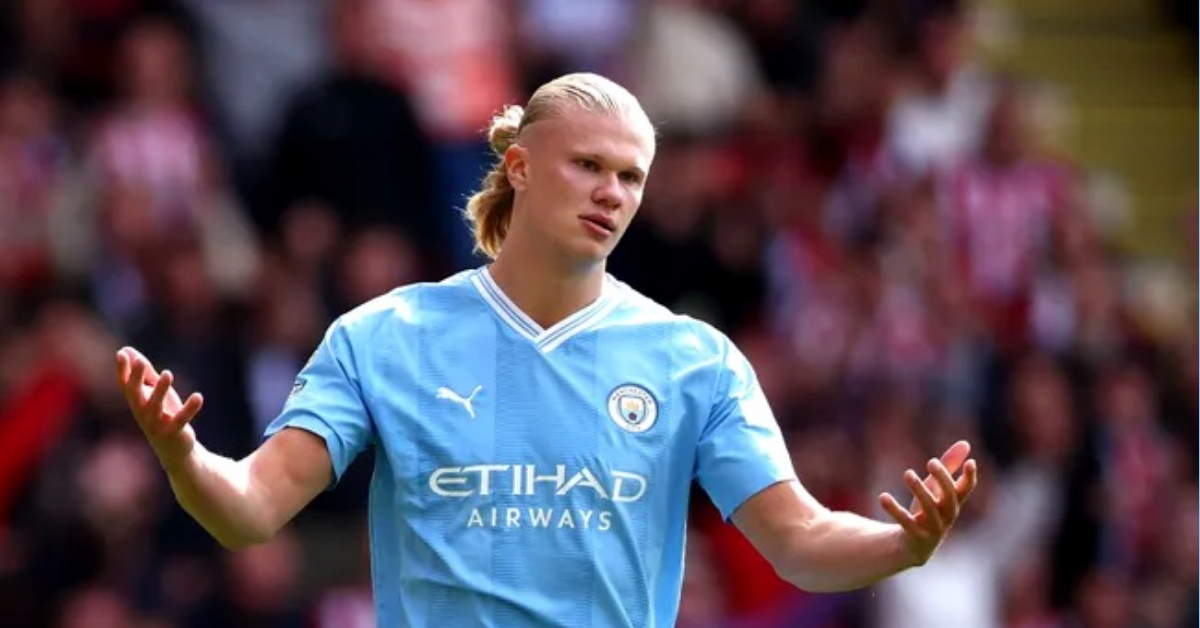The Growing Crisis in Football: Player Fatigue, Overloaded Calendars, and Strikes Looming
Rodri, Manchester City’s midfield maestro, sounded the alarm earlier this year. In April, the Spaniard admitted he needed a break after pushing his body “to the limit” to secure City’s fourth consecutive Premier League title. Yet, rest never came. After helping Spain win the Euro 2024, where he started six of seven games, Rodri suffered a hamstring injury in the final. The strain carried over to the 2024-25 season, where he ultimately sustained meniscus damage and a ruptured ACL, sidelining him for the entire campaign.
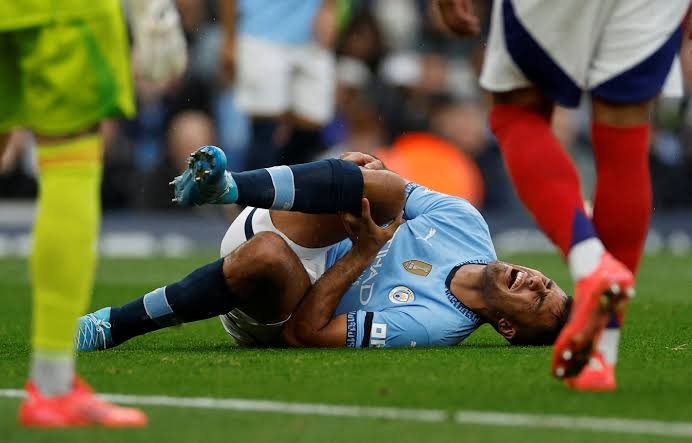
As he returned to action in September, Rodri raised a red flag over the demands on modern players, warning about the dangers of playing more than 60 matches per season. “You can do it for one year,” he stated in August, “but when it’s two or three in a row, your physicality can drop. I have to watch out.” Barely weeks later, his worst fears were realized.
This is no isolated case. The footballing world is grappling with a systemic issue—one that has sparked legal battles, player unrest, and whispers of a potential strike.
Thibaut Courtois Warned: “We Will Get Injured”
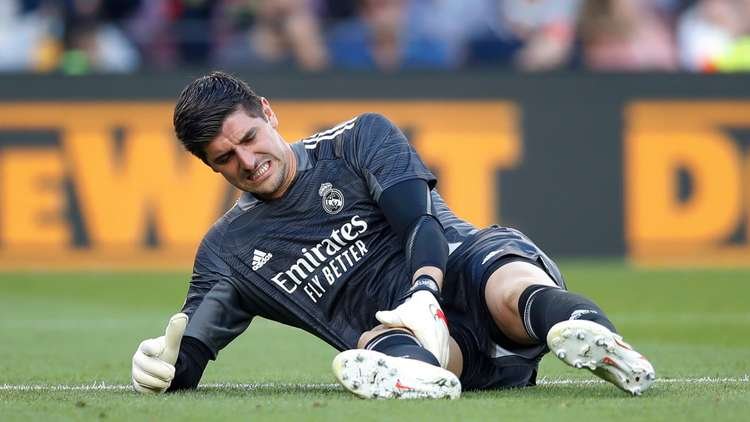
Discontent among elite players isn’t new. Back in 2021, Thibaut Courtois criticized UEFA’s Nations League third-place playoff as a “money game” designed to pad revenues. “Three weeks of holiday is not enough for players to continue for 12 months at the highest level,” he warned. Courtois’s prediction turned prescient. He has since suffered multiple ACL and meniscus injuries, joining a growing list of sidelined stars.
According to the Men’s European Football Injury Index, injuries to players in Europe’s top leagues have surged since the compressed Qatar World Cup schedule. Severe injuries—particularly to the ankle (170%), calf/shin (200%), and hamstring (130%)—have skyrocketed. Meanwhile, FIFPRO highlighted that recovery times have plummeted from 37 days (pre-2022) to just eight days.
Former international Raphael Varane, who retired from football at just 31, lamented: “We have overloaded schedules and play non-stop. It’s dangerous for players’ physical and mental well-being.”
Gianni Infantino’s Club World Cup Vision
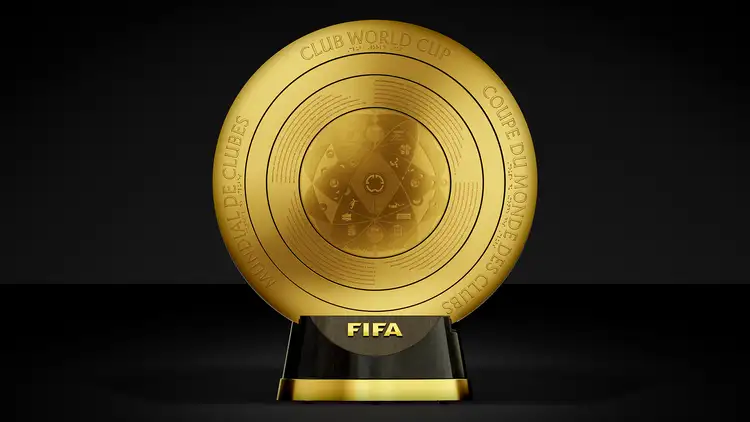
The expanded FIFA Club World Cup has become a lightning rod for this debate. FIFA president Gianni Infantino has defended the tournament, calling it “the pinnacle of elite club football.” Slated for 2025 in the United States, the revamped 32-team competition has faced backlash from players and unions, who argue it adds yet another burden to an already packed calendar.
Unions such as the PFA and FIFPRO have taken legal action, accusing FIFA of abusing its dominant position. “This is a tipping point for the football calendar,” said the PFA, as they challenge the Club World Cup under EU competition law.
FIFA, however, remains defiant. “We organize 1% of the top clubs’ games,” Infantino argued, adding that 98% of matches are organized by leagues and associations. “Our revenues are distributed to 211 countries, not just a few clubs in one region.”
Players Fight Back
The growing frustration among players has reached a boiling point. Bernardo Silva recently acknowledged the privilege of being a professional footballer but emphasized the intense scrutiny and relentless demands. “Money can’t buy you an extra lung,” quipped FIFPRO’s Alexander Bielefeld, referring to the toll on players’ physical and mental health.
Coaches are also feeling the strain. Vincent Kompany, now managing Bayern Munich, allowed players like Alphonso Davies to skip international duty due to fatigue, providing them a rare week of recovery. However, such voluntary breaks are exceptions. “Most coaches don’t have the luxury of a five-point league lead,” Bielefeld noted.
A Strike on the Horizon?
The possibility of a player strike is no longer unthinkable. FIFPRO’s legal action has rallied support across leagues, unions, and national teams. “Unions act on their players’ demands,” Bielefeld explained. “There’s a growing sense of frustration because players are paying the price for an overcrowded schedule.”
PFA CEO Maheta Molango expressed hope for compromise but stressed the urgency of the issue: “These players are employees and deserve the same protections as workers in any other industry. Right now, they’re seeing the effects on their bodies and careers, thinking, ‘I could be next.’ That fear can’t be ignored.”
What’s Next?
As legal battles loom and tensions rise, the resolution of this crisis feels distant. Rodri’s injury—and the long list of sidelined stars—serves as a stark reminder of the cost of neglecting player welfare. The question is not whether changes will come, but how many careers will be impacted before they do.
